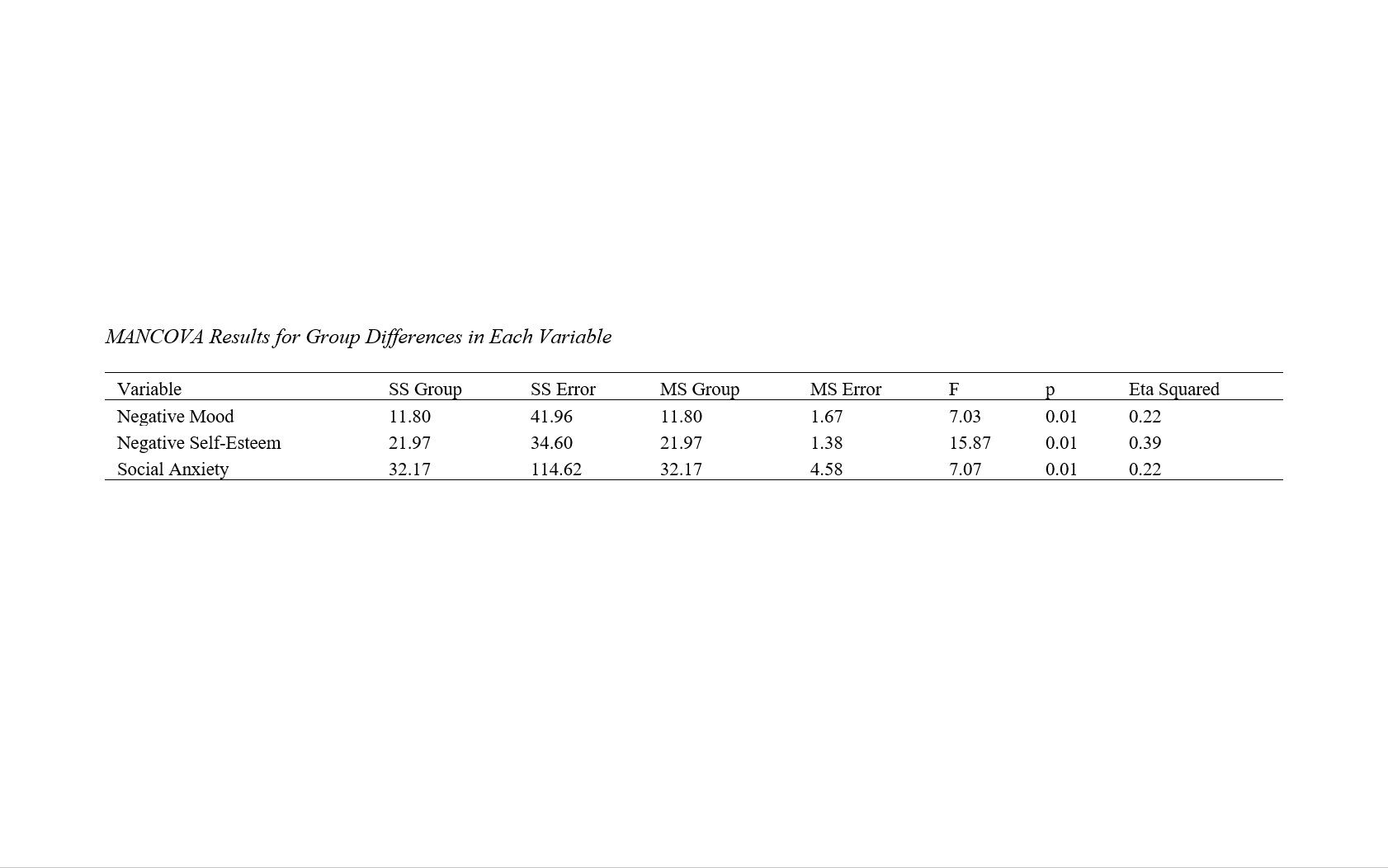Development and Effectiveness of a Family Mediation Intervention Model on Self-Esteem, Negative Mood, and Social Anxiety in Children of Divorce
Keywords:
children of divorce, family mediation, self-esteem, negative mood, social anxietyAbstract
Objective: The present study aimed to develop and evaluate the effectiveness of a family mediation intervention model on self-esteem, negative mood, and social anxiety in children of divorce.
Methods: The method of this study was quasi-experimental, employing a pre-test and post-test design. The statistical population consisted of all children of divorced parents in Alborz Province, who had legal cases filed in the judiciary of this province. The research sample included 30 children, randomly assigned to two experimental groups (15 in each group), selected through convenience sampling. The children completed the Spence Children’s Anxiety Scale (SCAS) and the Maria Kovacs Children’s Depression Inventory (CDI).
Findings: The results of multivariate covariance analysis (Wilks' Lambda = 0.45, F = 9.46, P < 0.001) indicated that the family mediation intervention model, based on co-parenting, was effective in reducing negative mood (F = 7.03, P < 0.01), negative self-esteem (F = 15.87, P < 0.01), and social anxiety (F = 7.07, P < 0.01).
Conclusion: Based on the results of the present study, the family mediation training program, grounded in co-parenting, can be considered a useful educational method alongside other support programs for children of divorce.
Downloads

Downloads
Additional Files
Published
Submitted
Revised
Accepted
Issue
Section
License

This work is licensed under a Creative Commons Attribution-NonCommercial 4.0 International License.




















